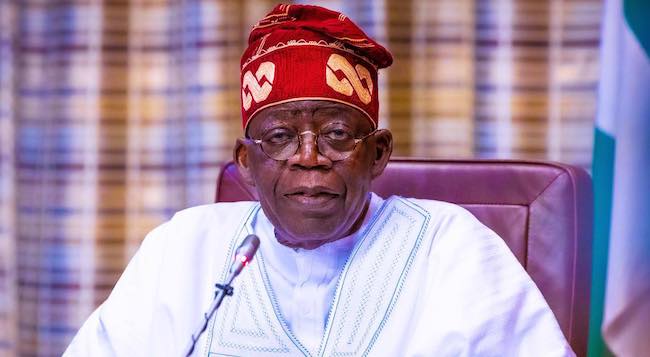Politics
Presidency rejects EU election report, says it’s a poorly done desk job

The Presidency has rejected the final report of the European Union on the February 25 presidential election, which identified some fault lines.
The Presidency, in a statement on Sunday by the Special Adviser to the President on Special Duties, Communications and Strategy, Dele Alake, said: “We strongly reject, in its entirety, any notion and idea from any organisation, group and individual remotely suggesting that the 2023 election was fraudulent.”
Ripples Nigeria reports that the Chief Observer, EU Election Election Observation Mission, Barry Andrews, while addressing a press briefing in Abuja on June 27, noted that “the election exposed enduring systemic weaknesses and therefore signalled a need for further legal and operational reforms to enhance transparency, inclusiveness, and accountability.”
Read also: Insecurity: Ex-Gov Bafarawa demands more commitment from Tinubu’s govt
According Andrews, the shortcomings in the law and electoral administration hindered the conduct of well-run and inclusive elections and damaged trust in INEC. It also offered 23 recommendations for consideration by the Nigerian government that would improve future elections.
The Presidency, however, in the statement titled ‘We reject European Union’s conclusions on 2023 general elections,’ alleged bias and an intention to “impeach the integrity of the 2023 elections” which it described as the “best organised general elections in Nigeria since 1999.
The Presidency also faulted the data-gathering technique employed in the report.
“While addressing journalists in Abuja on the so-called final report, Andrews noted that EU-EOM monitored the pre-election and post-election processes in Nigeria from January 11 to April 11, 2023, as an INEC accredited election monitoring group.
“Within this period, EU-EOM observed the elections through 11 Abuja-based analysts, and 40 election observers spread across 36 states and the Federal Capital Territory.
“With the level of personnel deployed, which was barely an average of one person per state, we wonder how EU-EOM independently monitored elections in over 176,000 polling units across Nigeria,” Alake queried.
The Presidency further insisted that the 2023 general elections, “most especially the presidential election, won by President Bola Tinubu/All Progressives Congress, were credible, peaceful, free, fair and the best organised general elections in Nigeria since 1999.
“There is no substantial evidence provided by the European Union or any foreign and local organisation that is viable enough to impeach the integrity of the 2023 election outcomes.”
While describing the findings as “unfounded,” the Presidency said: “We can now categorically let Nigerians and the entire world know that we were not unaware of the machinations of the EU.
“We are convinced that what EU-EOM called the final report on our recent elections is a product of a poorly done desk job that relied heavily on a few instances of skirmishes in less than 1000 polling units out of over 176,000 where Nigerians voted on election day.”
Join the conversation
Support Ripples Nigeria, hold up solutions journalism
Balanced, fearless journalism driven by data comes at huge financial costs.
As a media platform, we hold leadership accountable and will not trade the right to press freedom and free speech for a piece of cake.
If you like what we do, and are ready to uphold solutions journalism, kindly donate to the Ripples Nigeria cause.
Your support would help to ensure that citizens and institutions continue to have free access to credible and reliable information for societal development.
























